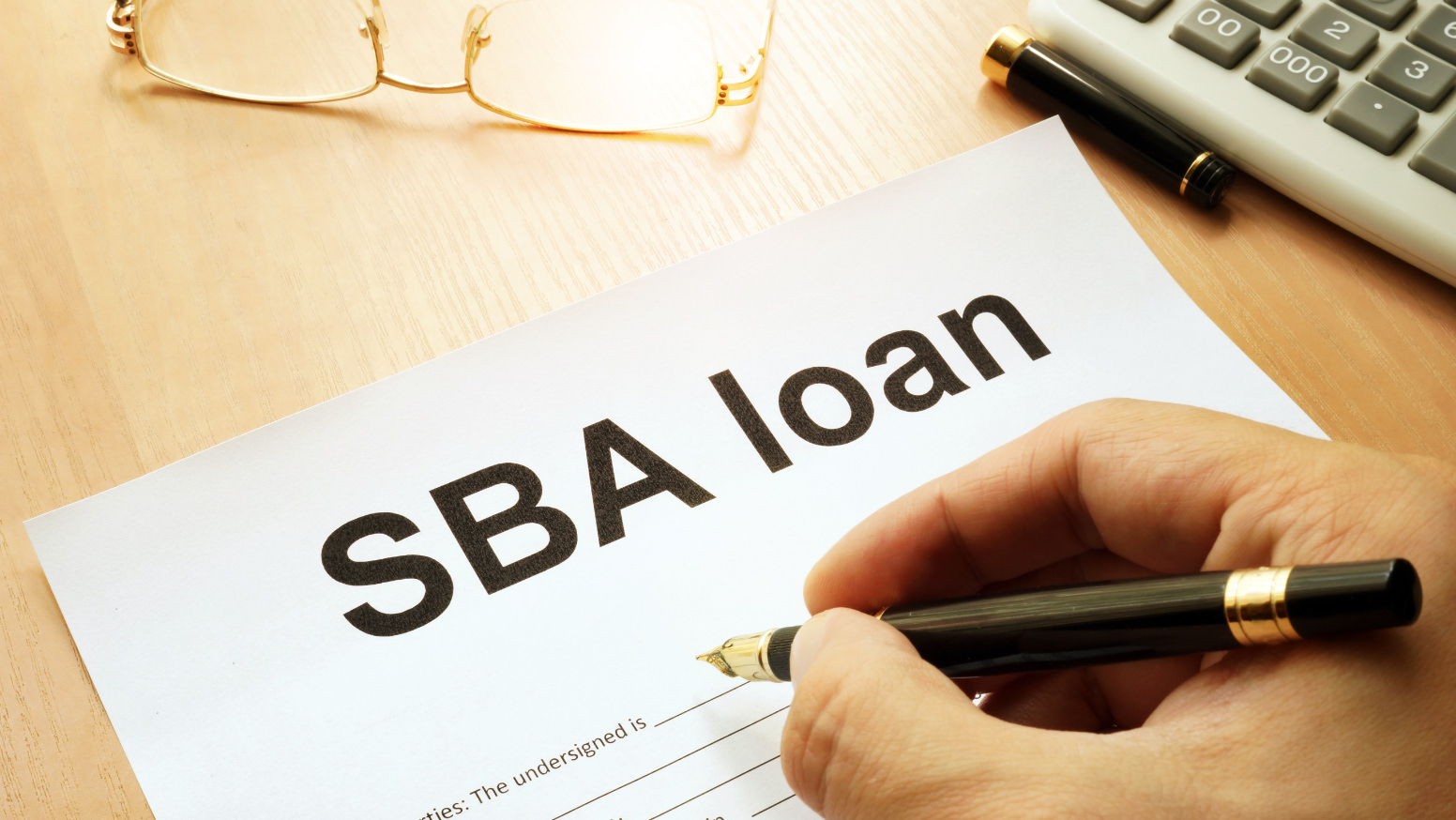If you received a Notice of Intent to Initiate Administrative Wage Garnishment (AWG), you must act quickly. You have a right to contest the garnishment action, but if you wish to have the garnishment action suspended pending a hearing on the matter, you must file a timely request for hearing. The key word here is “timely”, so its very important to understand the definition and to understand that it will depend on how you transmit that request. It works as follows:
Timely. A hearing request is timely if the request for hearing is postmarked (if mailed) or received (if not mailed – e.g., fax, commercial delivery service [FedEx] or in person delivery) within 15 days of date of the AWG notice. If the hearing request is timely, AWG cannot proceed until the hearing is completed and the decision is communicated to the debtor
Untimely. A hearing request is untimely if the request for hearing is postmarked (if mailed) or received (if sent any other way) more than 15 days after the date of the AWG. If the request is untimely, garnishment will not be stopped, unless the hearing decision is not issued within 60 days.
As you can see, filing your hearing request quickly is essential, but if you still missed the boat, don’t despair – Treasury rarely gets to the hearings in 60 days and so while it is not guaranteed that the garnishment will be stopped in the interim, it frequently still does get put on hold. Therefore, even if you failed to act within the 15 days, you may still have a shot and putting the garnishment on hold. Avoiding garnishment is well worth the effort because one you are being garnished ofttimes Treasury will not bother discussing voluntary payment options that might avoid the distress of a enforced collections.

